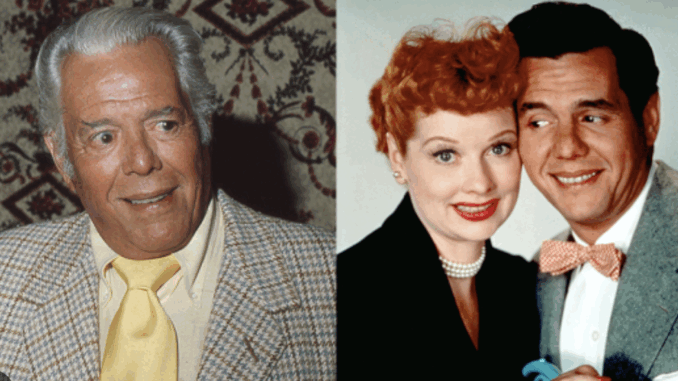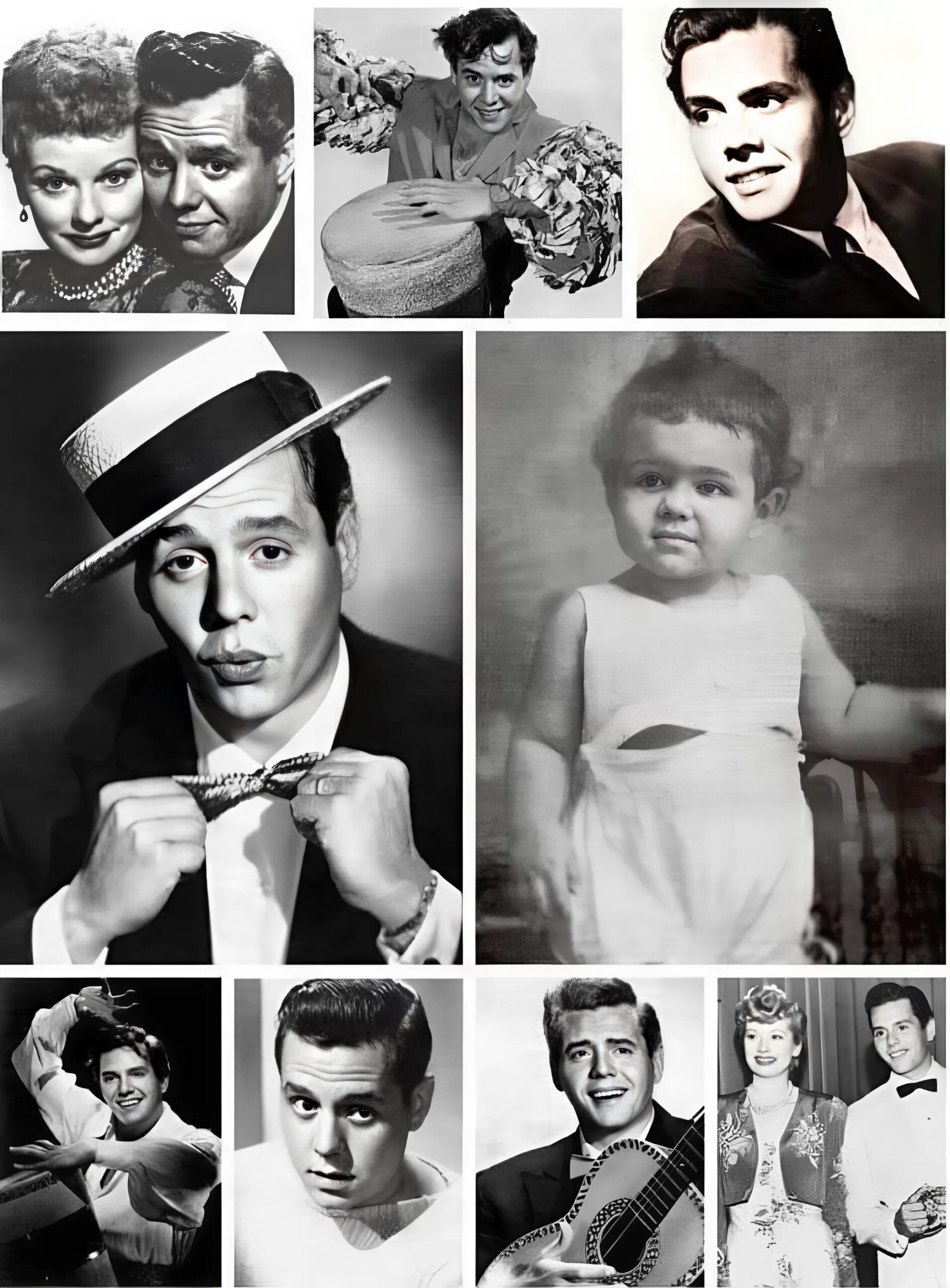
For decades, the public perception of Desi Arnaz has often been narrowly defined: the charming, conga-playing Ricky Ricardo on I Love Lucy and, regrettably, the flawed husband whose personal struggles contributed to the end of his marriage with Lucille Ball. However, this narrative overlooks a monumental truth: Desi Arnaz was a groundbreaking visionary, a true pioneer whose innovations in television production fundamentally shaped the medium as we know it today.
This article challenges the long-held misconceptions, revealing Arnaz not just as a talented performer but as a revolutionary producer whose genius was instrumental to I Love Lucy‘s unprecedented success and, by extension, the entire landscape of modern television.
“Without Desi Arnaz, There Would Be No TV As We Know It Today”
It’s a bold statement, but one rooted in fact: without Desi Arnaz, sitcoms, and indeed much of television production, would look drastically different. When I Love Lucy was being conceived, the standard practice for live television was to broadcast directly from New York, often leading to poor picture quality and no record for reruns. Arnaz, with his keen business acumen and foresight, refused to settle for this.
He spearheaded several innovations that were revolutionary at the time:
- Multi-Camera Filming: Arnaz insisted on filming I Love Lucy with multiple cameras in front of a live studio audience. This technique, now standard for sitcoms, allowed for seamless transitions between shots and captured the actors’ performances from various angles, creating a dynamic viewing experience.
- Live Audience Sound and Laughter: Unlike other shows that used canned laughter, Arnaz fought to have the live audience’s reactions directly recorded. This ensured the laughter was genuine and organically integrated into the show, making it feel more authentic and engaging for viewers at home.
- Syndication and Reruns: Perhaps his most impactful contribution was his insistence on filming on 35mm film rather than Kinescope. This was a costly decision, as film was significantly more expensive. However, Arnaz understood that film stock preserved the show’s quality, making it suitable for future broadcasts. This ingenious foresight essentially invented the concept of reruns and syndication, laying the financial groundwork for how TV shows would be monetized for decades to come. This move alone created immense wealth for Desilu Productions and established a blueprint for the entire industry.
- Executive Control: Arnaz wasn’t just a figurehead; he was deeply involved in the business operations of Desilu Productions. He was a shrewd negotiator and a hands-on executive who understood the technical and financial aspects of television production like few others at the time.
These weren’t minor tweaks; they were monumental shifts that transformed television from a fleeting live medium into a durable, profitable, and globally distributed entertainment juggernaut.
“The Man Who Changed Television – But Was Forgotten by History Itself”
Despite these monumental contributions, Desi Arnaz’s legacy has often been overshadowed or reduced to personal narratives. The younger generation of viewers, in particular, might be completely unaware of the technical and business innovations he spearheaded that are now simply taken for granted in modern sitcoms.
“From Ricky Ricardo to the Quiet Television Revolutionary”
While he played the charismatic bandleader Ricky Ricardo with flair and undeniable charm, it was Desi Arnaz, the quiet television revolutionary, who left the more enduring mark. He saw beyond the immediate broadcast, envisioning a future where television content could be preserved, distributed, and generate long-term revenue.
His story is a powerful reminder that history often oversimplifies complex figures. Desi Arnaz was a multi-faceted individual – a talented musician, a charismatic performer, a loving (albeit flawed) husband, and most significantly, a groundbreaking producer whose innovations continue to influence every sitcom we watch today. It’s time his full, remarkable story was told and appreciated.
What other historical figures do you think are misunderstood or had their contributions overlooked?
